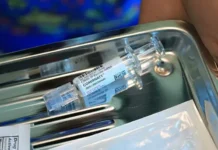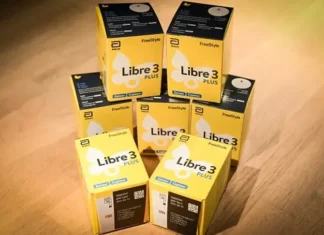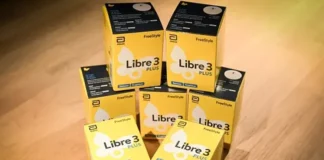
Public Health Seattle King County acknowledges that many protesters, particularly Black, Indigenous and People of Color, are choosing to take on the risk of potential exposure to COVID-19 because of the importance of confronting and undoing the systems of racism, oppression and brutality. We encourage all people while protesting against racial injustice to take steps to protect one another and reduce the risk of transmitting COVID-19.
Things Remember Before Your
• Stay home if you do not feel well. If you go out, you risk getting others sick.
• Consider staying home if you have an underlying health condition, or are 60 or over. Take action in other ways from home by registering to vote and supporting local organizations.
• Wear face coverings correctly. Fully cover your nose, mouth and chin; this will help prevent droplets from spreading if you decide to chant.
• Carry only what you need to keep you safe. Carry shatterproof goggles, a face covering, alcohol-based hand sanitizer, water bottle, snacks, an ID, and any medication you may need (for example, an inhaler).
• Carry saline in a squirt bottle. You can use saline or tap water to alleviate coughing and sneezing if you are exposed to tear gas.
• Go with a small group. Attend with a small group of friends and limit unknown contacts.
• Have a plan. Map out the route, establish exit routes and possible detours.
• Make an emergency contact list. Write essential phone numbers and important health information on your skin in permanent marker.
Things To Remember While You Are There
• Use noisemakers, drums and written signs. Limit how much you chant or yell to reduce possible exposure to others.
• Physical distancing is still important. Keep as much physical distance as possible between yourself and people who are not part of your group.
• Keep practicing healthy hand hygiene. Use hand sanitizer and avoid touching others. Also avoid touching your face.
• Bring your own supplies and do not share. Avoid sharing water bottles, microphones, etc.
• Take care of your physical and mental health. Consider when you may need to leave an unsafe situation.
Things To Remember Once You Return Home
• Wash your hands with soap and water for at least 20 seconds as soon as you get home.
• Change your clothes. Put the clothes in the washer. Wash your hands again.
• Monitor your health for 14 days afterwards. Symptoms may appear up to 14 days later.
• Get tested right away if you develop even mild COVID-19 symptoms, such as sore throat, fatigue, muscle aches, or loss of taste, or spent > 15 min near someone who tested positive.
You should contact your health provider to help evaluate symptoms and need for testing. If you can’t access testing through a health provider, a list of free sites is included on this handout or can be found at kingcounty.gov/covid/testing. You should also avoid contact with others until you have been tested, particularly those who may be at greater risk of severe COVID-19 illness.
Take care of your mental health. Call Crisis Connections 24/7 at 1-866-427-4747 for support.















